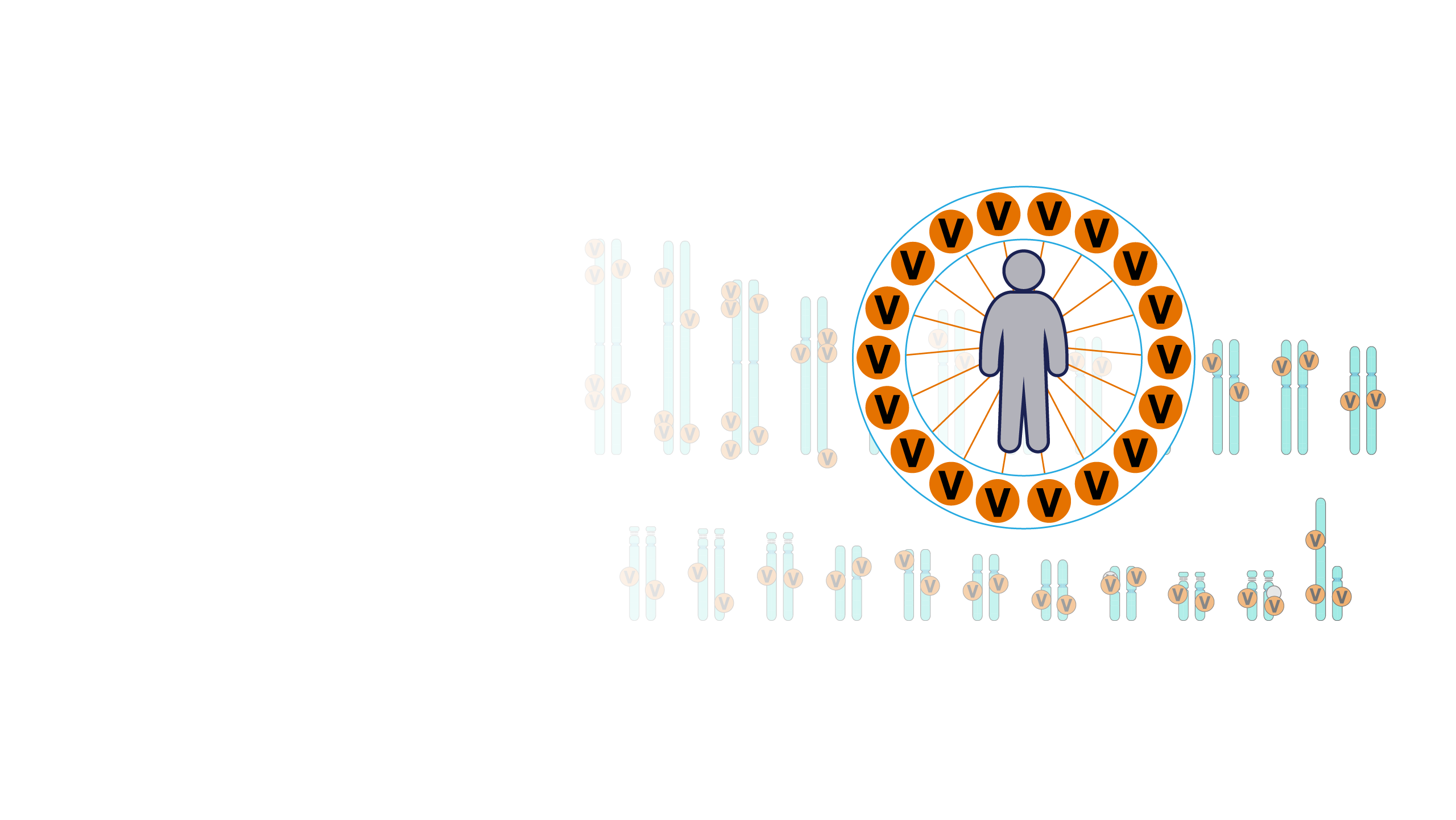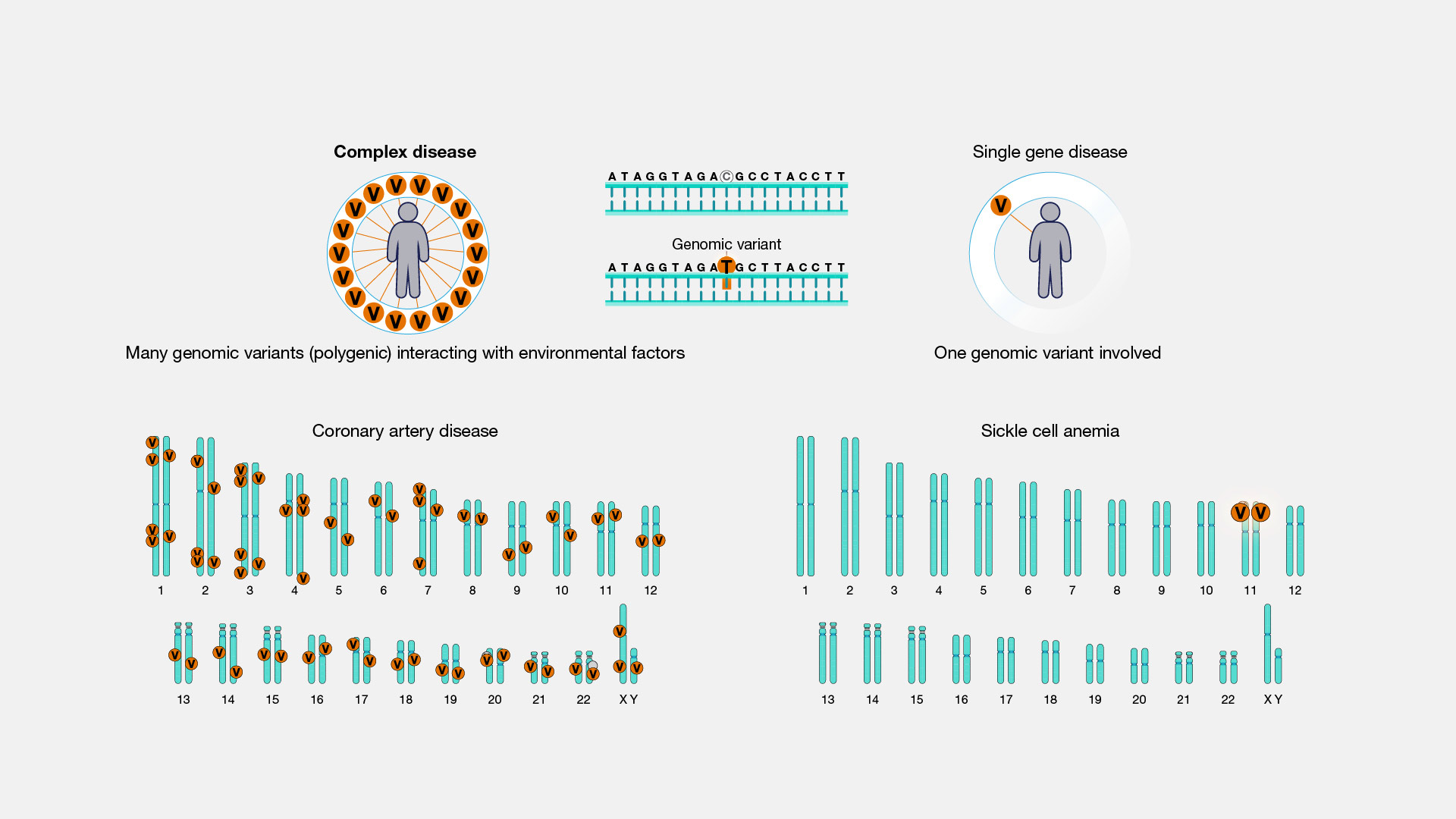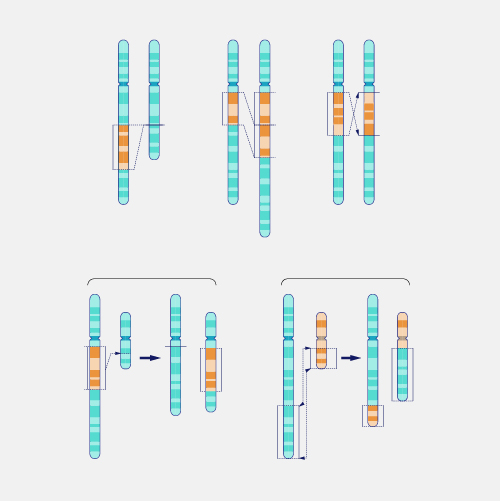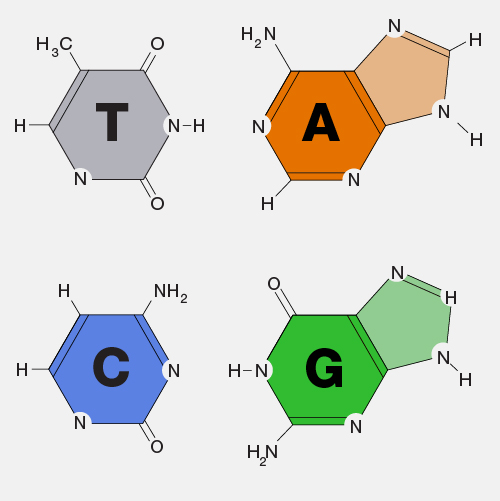
Complex Disease
Definition
A complex disease (or condition), when discussed in the context of genetics, reflects a disorder that results from the contributions of multiple genomic variants and genes in conjunction with significant influences of the physical and social environment. For this reason, complex diseases are also called multifactorial diseases. This stands in contrast to a “simple” genetic disease that is more directly caused by mutations in a single gene. Common examples of complex genetic diseases include heart disease, diabetes, and cancer.

Narration
Complex Disease. Complex disease really just means that it isn't caused by one specific gene. Many genes and variants contribute to it. Even your environment contributes to it. Often these individual contributions are so small that they're hard for scientists to really disentangle. Calling these kinds of diseases complex implies that other diseases are just simple, which I bet that a lot of people who work on "simple diseases" would disagree with. No gene or protein works in a vacuum, so no genetic disease is ever truly simple.




